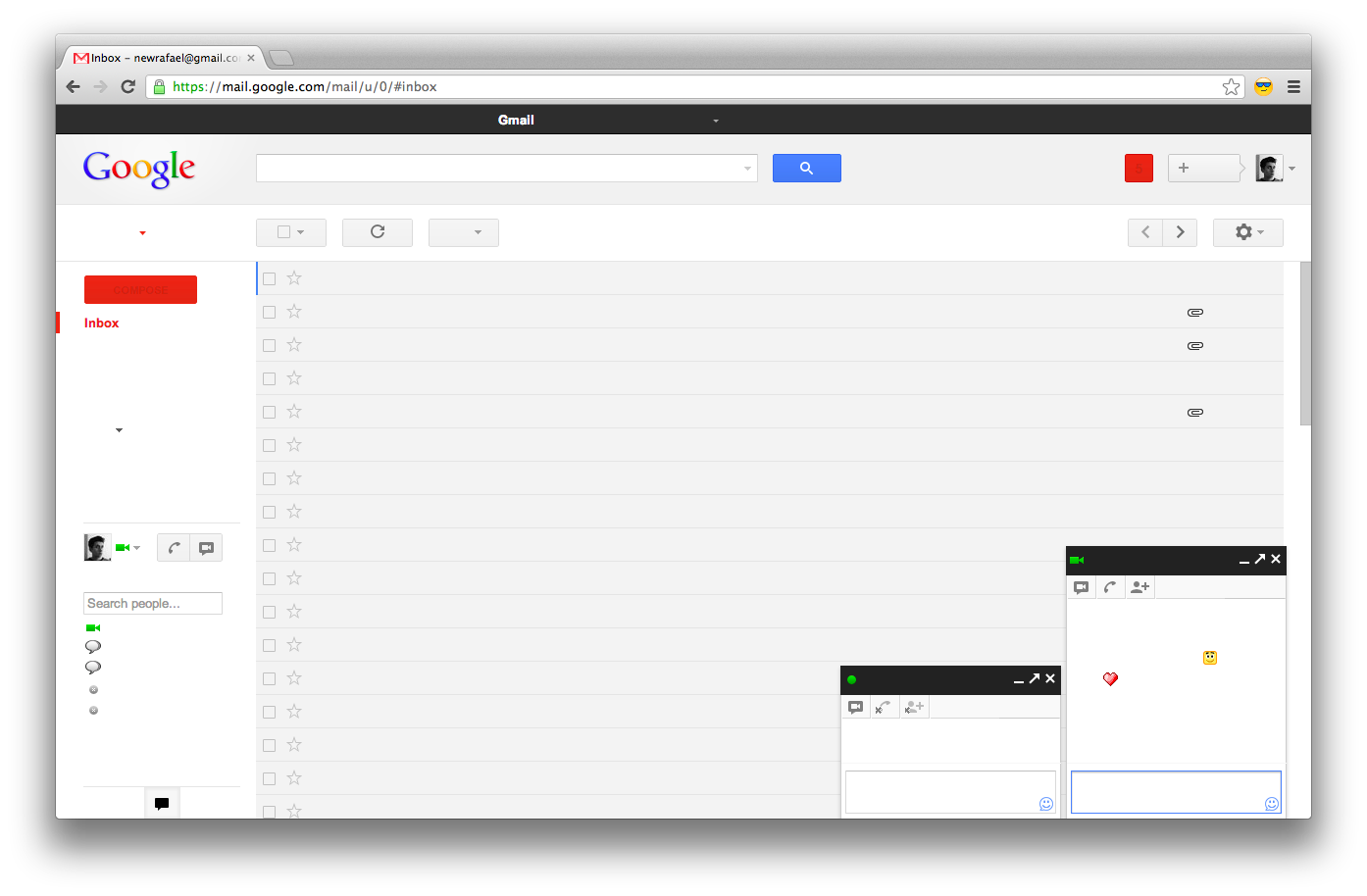Free Browsing: Unlocking The Internet Without Limits
Free browsing has become a buzzword in today's digital era, promising users access to the internet without worrying about data consumption or costs. In an increasingly connected world, the ability to browse freely is not just a luxury but a necessity for many. Whether you're a student looking for educational resources, a professional needing to stay updated, or someone simply seeking entertainment, free browsing can open doors to endless possibilities.
Understanding the concept of free browsing goes beyond just knowing its definition. It delves into the technology, tools, and techniques that allow users to explore the internet without being constrained by data limits. In this article, we will explore the ins and outs of free browsing, uncovering its benefits, challenges, and how it can be utilized effectively.
As internet usage continues to grow globally, the demand for affordable and accessible internet solutions has never been higher. Free browsing is one such solution that offers a viable alternative to conventional internet plans. By the end of this article, you'll have a comprehensive understanding of what free browsing entails and how it can transform the way you interact with the digital world.
Read also:Sergei Katsiev The Rising Star Of Tech Innovation
What is Free Browsing?
Free browsing refers to the ability to access certain websites or services on the internet without incurring data charges. This is often achieved through partnerships between mobile network operators and specific platforms, allowing users to browse selected content without depleting their mobile data. While the concept seems straightforward, there are nuances that make free browsing a fascinating subject to explore.
How Does Free Browsing Work?
Free browsing operates through a combination of data compression techniques and partnerships with service providers. When you access a free browsing-enabled website, the data is compressed before it reaches your device, reducing the amount of data consumed. Additionally, some networks offer zero-rated services, meaning specific websites or apps are exempt from data charges.
- Data compression minimizes the load on mobile networks.
- Partnerships with service providers enable selective data exemptions.
- Zero-rating ensures users can access certain platforms without data costs.
Benefits of Free Browsing
Free browsing offers numerous advantages, especially for users in regions where internet access is limited or expensive. Below are some of the key benefits:
Cost-Effective Solution
One of the most significant advantages of free browsing is its cost-effectiveness. Users can access essential services like social media, news, and educational platforms without worrying about data expenses. This makes it an attractive option for those on a tight budget.
Enhanced Accessibility
For individuals living in areas with limited internet infrastructure, free browsing provides a way to stay connected. It bridges the digital divide by enabling access to critical information and resources that might otherwise be out of reach.
Promotes Digital Literacy
By providing access to educational platforms and resources, free browsing plays a crucial role in promoting digital literacy. It empowers users to learn new skills and stay informed about global developments.
Read also:Christopher Henkel Net Worth
Challenges and Limitations
Despite its benefits, free browsing is not without its challenges. Understanding these limitations is essential to make informed decisions about its use.
Data Restrictions
Free browsing often comes with data restrictions, limiting the types of content users can access. For example, certain websites or services may not be included in the free browsing package, forcing users to pay for additional data.
Privacy Concerns
Privacy is a significant concern when it comes to free browsing. Some services may collect user data to target advertisements or analyze behavior, raising ethical questions about data protection.
Quality of Service
The quality of free browsing services can vary depending on the network and platform. Users may experience slower load times or reduced functionality compared to traditional internet access.
Popular Free Browsing Platforms
Several platforms offer free browsing services, each with its own set of features and limitations. Below are some of the most popular options:
Facebook Free Basics
Facebook Free Basics provides access to a selection of websites and services without data charges. It includes essential platforms like Wikipedia, AccuWeather, and BBC News, making it a valuable resource for users seeking free internet access.
Opera Mini
Opera Mini is a lightweight browser that compresses web pages to reduce data usage. While it doesn't offer completely free browsing, it significantly lowers data costs, making it an excellent choice for budget-conscious users.
Google's Data Saver
Google's Data Saver feature allows users to save data by compressing web pages in the Chrome browser. This feature is particularly useful for users on limited data plans who want to optimize their internet usage.
How to Enable Free Browsing on Your Device
Enabling free browsing on your device is a straightforward process. Here's a step-by-step guide:
Step 1: Check Network Compatibility
Before proceeding, ensure that your mobile network supports free browsing. Not all networks offer this service, so it's essential to verify compatibility.
Step 2: Download the Required App
Download the app or platform that offers free browsing services. For example, if your network supports Facebook Free Basics, download the app from the Google Play Store or Apple App Store.
Step 3: Configure Settings
Once the app is installed, configure the settings to enable free browsing. This usually involves selecting the appropriate plan or service based on your needs.
Legal and Ethical Considerations
While free browsing offers many benefits, it also raises important legal and ethical questions. Understanding these considerations is crucial for responsible usage.
Net Neutrality
Free browsing has been criticized for violating the principles of net neutrality. By prioritizing certain websites or services, it creates an uneven playing field for content providers, potentially stifling innovation and competition.
Data Privacy
As mentioned earlier, data privacy is a significant concern with free browsing. Users must be aware of how their data is being collected and used by service providers to ensure their information remains secure.
Regulatory Compliance
Free browsing services must comply with local regulations and standards. Users should familiarize themselves with these regulations to avoid any legal issues.
Future of Free Browsing
The future of free browsing looks promising, with advancements in technology and increasing demand for affordable internet solutions. As more networks and platforms adopt zero-rating practices, free browsing is likely to become more accessible and inclusive.
Innovative Technologies
Emerging technologies like 5G and edge computing are set to revolutionize free browsing by providing faster and more reliable access to the internet. These advancements will enhance the user experience and expand the range of services available.
Global Expansion
Free browsing is expected to expand globally, reaching underserved communities and bridging the digital divide. This expansion will empower millions of users to access the internet and unlock its vast potential.
Conclusion
Free browsing offers a cost-effective, accessible, and empowering solution for users seeking to explore the internet without data constraints. While it comes with its own set of challenges, the benefits far outweigh the limitations. By understanding how free browsing works, its advantages, and the associated ethical considerations, users can make informed decisions about its usage.
We encourage you to share your thoughts and experiences with free browsing in the comments below. Additionally, feel free to explore other articles on our site for more insights into the digital world. Together, let's create a more connected and informed global community!
Table of Contents
- What is Free Browsing?
- Benefits of Free Browsing
- Challenges and Limitations
- Popular Free Browsing Platforms
- How to Enable Free Browsing on Your Device
- Legal and Ethical Considerations
- Future of Free Browsing
- Conclusion


